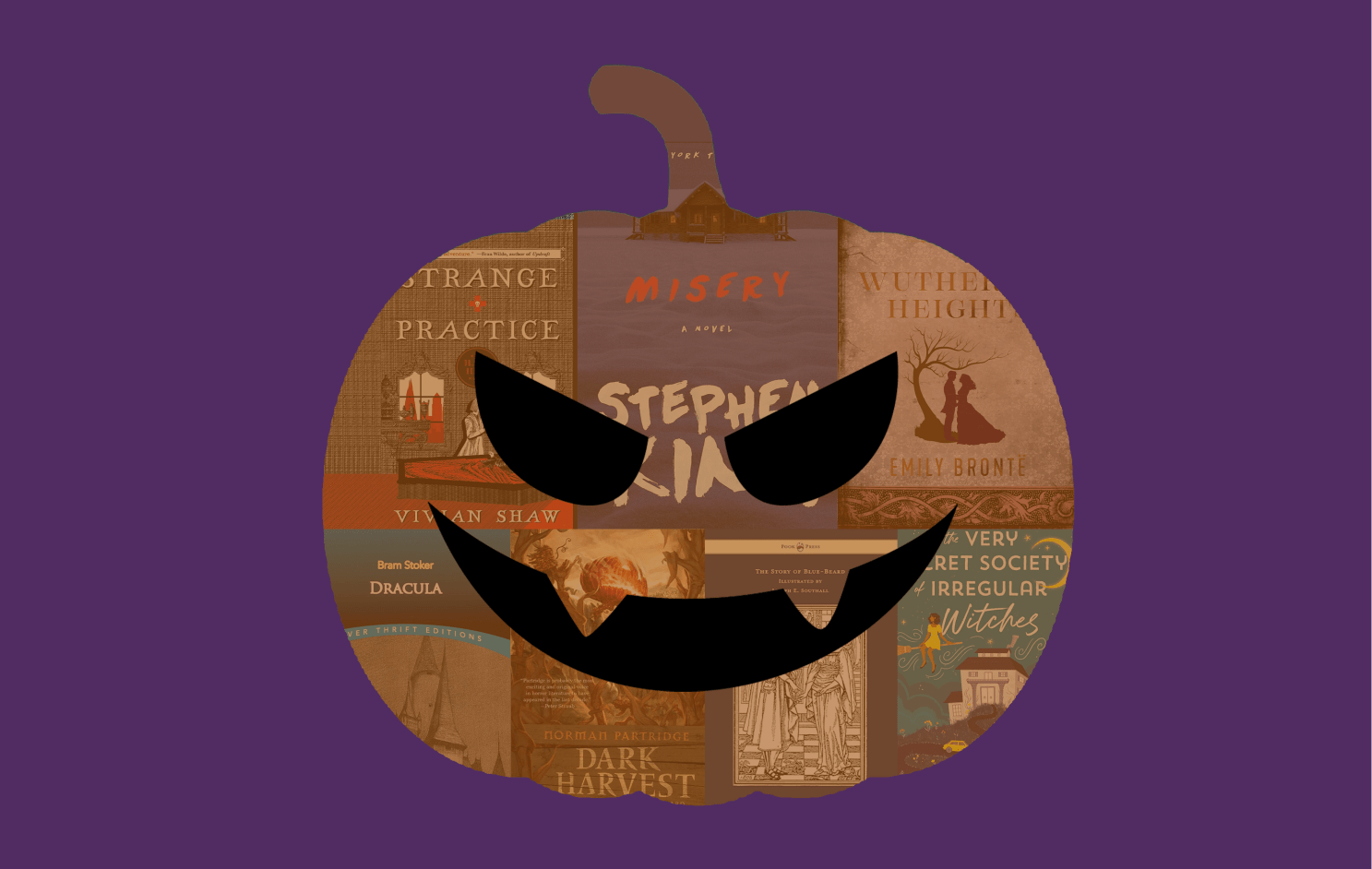
Illustration by Liz Zonarich/Harvard Staff
Scarier than ghosts: A nurse superfan and a spouse with secret rooms
Steven Pinker, Maria Tatar, other scholars recommend books for Halloween season
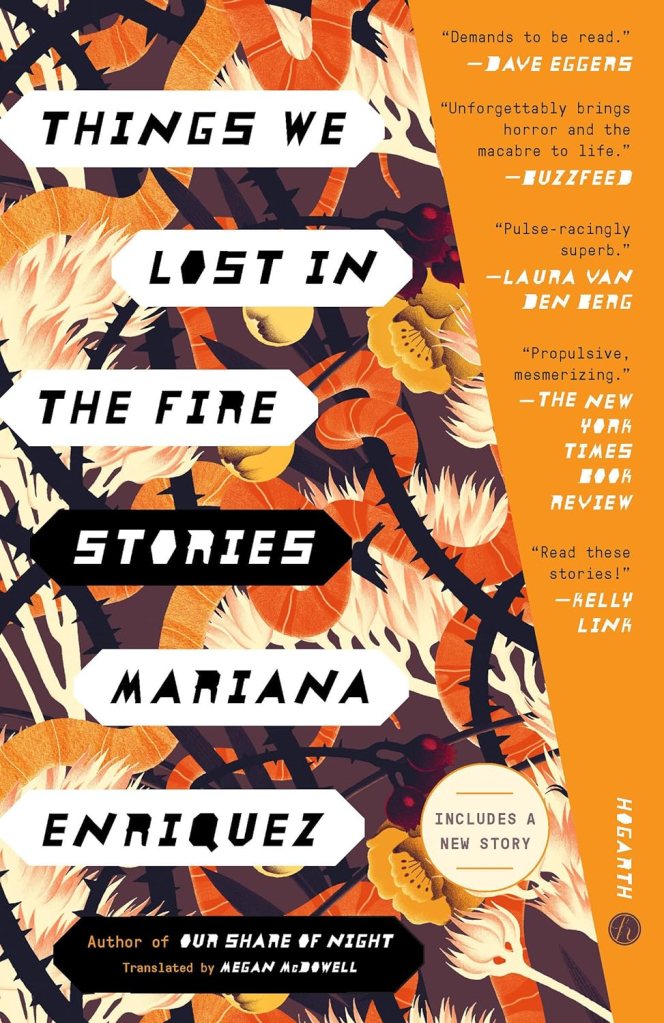
‘Adela’s House,’ a short story in ‘Things We Lost in the Fire’
Recommended by Laura van den Berg, Briggs-Copeland Lecturer in the Creative Writing Program; author of “The Third Hotel”
In “Adela’s House,” a brother and sister enter a derelict house, along with their neighbor, Adela. The house quickly proves to be nightmarish, possessed with its own terrible life force; once inside Adela is never seen again. While the plot summary of “Adela’s House” might sound like a conventional haunted house tale, Mariana Enríquez is after something far more charged. In her translator’s note, Megan McDowell writes that “what there is of gothic horror in the stories in ‘Things We Lost in the Fire’ mingles with and is intensified by their sharp social criticism … most of Mariana’s characters exist in a border space between the comfortable here and a vulnerable there; this latter could be a violent slum or a mysteriously living house, but it operates according to an unknown and sinister rationale, and it is frighteningly near.” In Enríquez’s hands, the house at the center of “Adela’s House” is a conduit for exploring both individual and collective trauma, for showing us just how close at hand the ghosts of the past are.
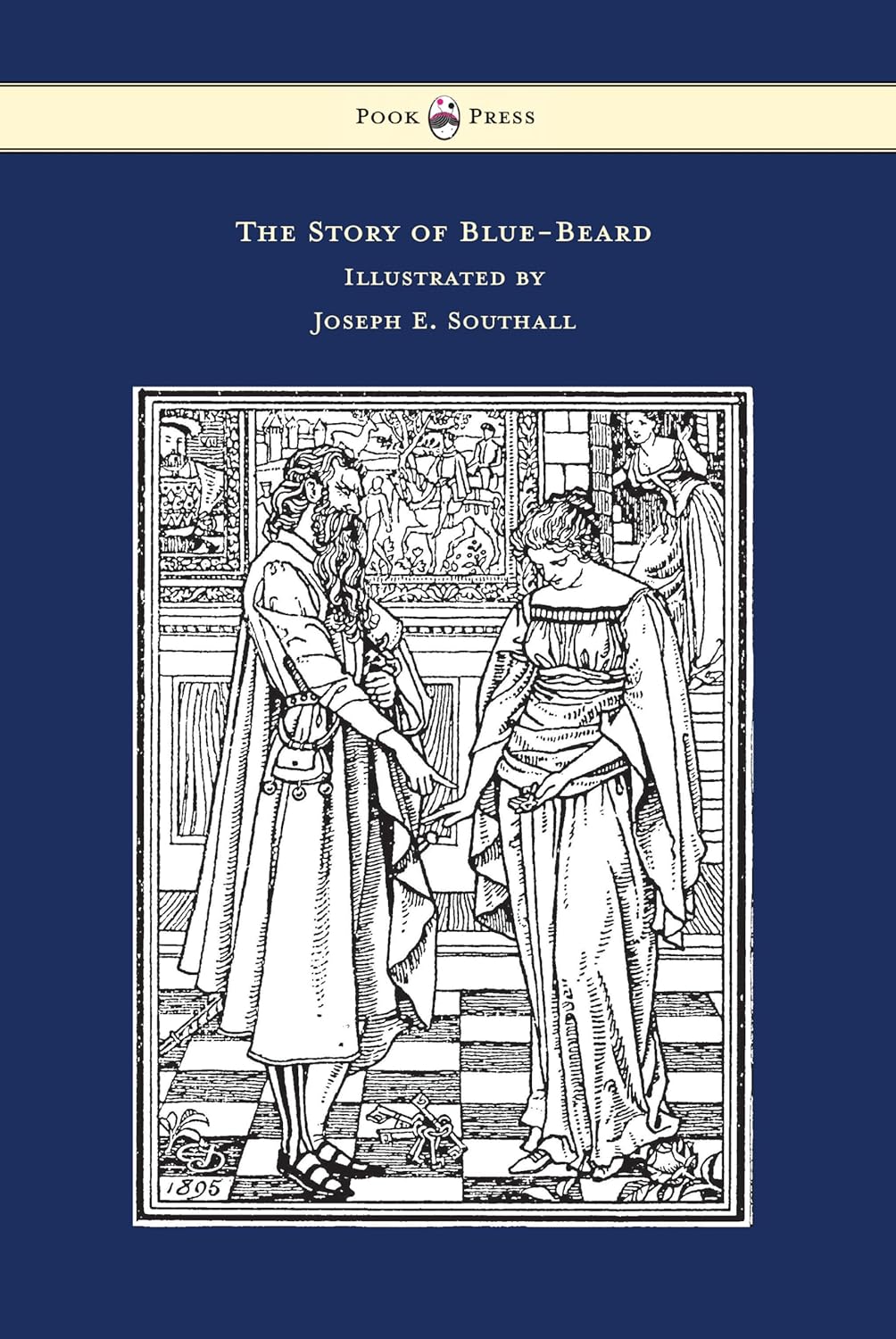
Bluebeard
Recommended by Maria Tatar, John L. Loeb Professor of Germanic Languages and Literatures and of Folklore and Mythology
A man, a woman, and a house with a chamber, its floor awash in blood, with corpses hanging from hooks in the walls. These are the main features of “Bluebeard,” a horror story in which the title figure tests the obedience of his wife by handing her a key and telling her that she may open any door but the one that key fits. Curiosity gets the better of her, and, once she sees the victims of her husband’s rage, she flees, dropping the key in the pool of blood. Just as Bluebeard is about to execute his wife (he sees the telltale blood on the key), the wife’s brothers come to her rescue.
For many years, the husband’s homicidal history in this folktale took a back seat to the wife’s curiosity, which was inflected morally as sexual infidelity. Today, “Bluebeard” has almost fallen into a cultural black hole, but the story still flashes out at us in Charlotte Brontë’s “Jane Eyre,” Richard Wright’s “Black Boy,” and Margaret Atwood’s “Robber Bride.” The Hollywood Dream Factory, which gave us Bluebeard films like “Rebecca” and “Secret Beyond the Door,” has now recycled the old horror story (with a perverse twist) in “Get Out” and “Ex Machina.” Presto! Bluebeard has become a new kind of monster, a seductive femme fatale who has become as dangerous as her folkloric forebear and who reveals to us a host of new cultural anxieties about female intelligence and ingenuity.

Dark Harvest
Recommended by Steven Schlozman, Assistant Professor of Psychiatry, Harvard
This book is among the best American horror novels ever written. It mixes Americana with a sense of resigned but terrifying fatalism, adding just a tincture of the occult.
Picture a small New England town, normal in all ways except one day a year when everyone knows that the harvest yields something foul. It combines normalcy and gore, letter jackets and morality, and most importantly, the illusion that you can escape when you never really can.
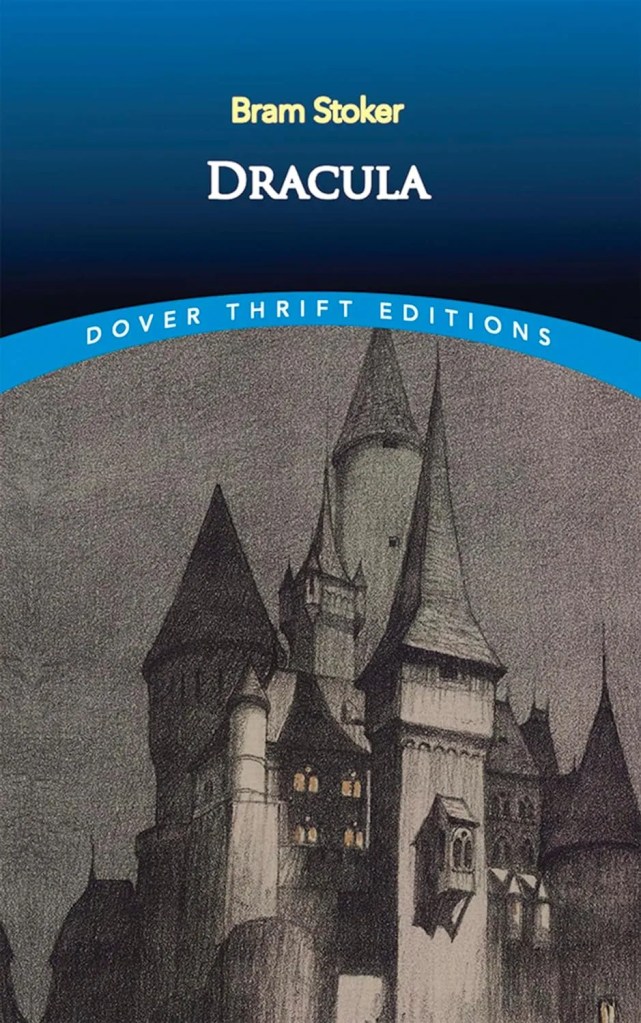
Dracula
Recommended by David Scadden, Gerald and Darlene Jordan Professor of Medicine
I study the blood so it has to be Bram Stoker’s “Dracula.”
It may not be high art, but it captures the tensions of science and myth, morality and bestiality, the familiar and the foreign with page-turning suspense. Blood embodying both regenerative life and corrupting disease is not just a literary conceit in either the book or, as far as I can tell, in life; it rings true — chillingly true — and is worth thinking about.
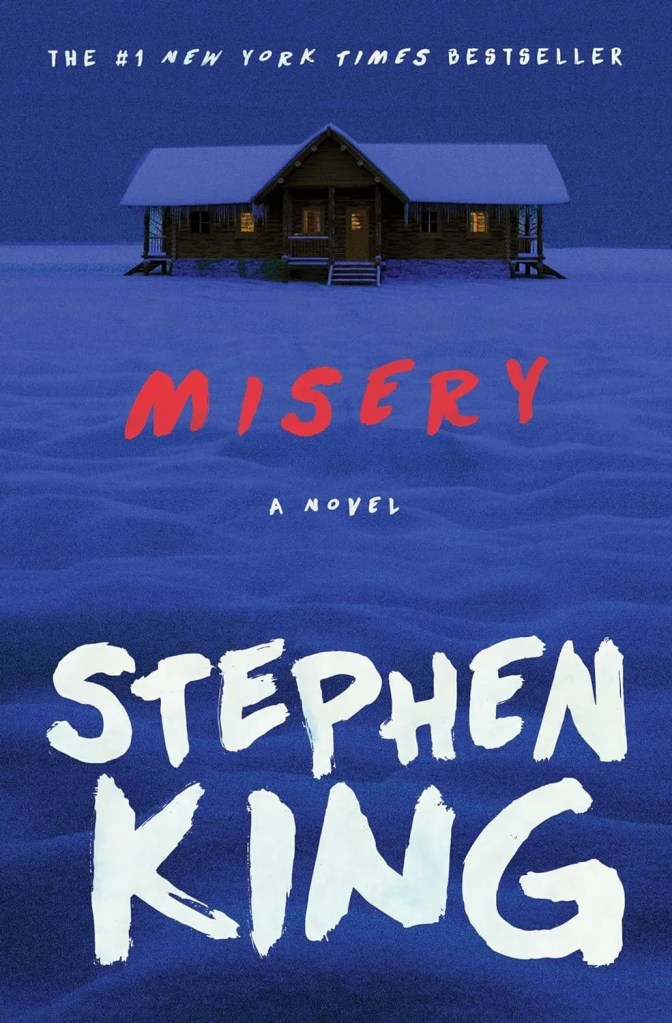
Misery
Recommended by Steven Pinker, Johnstone Family Professor of Psychology
My reactions to horror fiction spring from my world view as a scientific skeptic who is convinced that mental life depends entirely on an intact brain. That means I’m incapable of experiencing frisson at the antics of ghouls, zombies, demons, curses, dybbuks, and other paranormal mischief-makers — they come across as kitschy, not horrific. At the same time my awareness of human depravity is all too acute, and I can be suitably chilled by the prospect of a character’s ingenuity mobilized in the service of malevolent passions like revenge, manipulation, or sexual jealousy. “Cape Fear” and “Fatal Attraction” are deliciously terrifying, but as a writer I’d have to single out “Misery,” which brings to life the mixed blessing of having devoted fans.
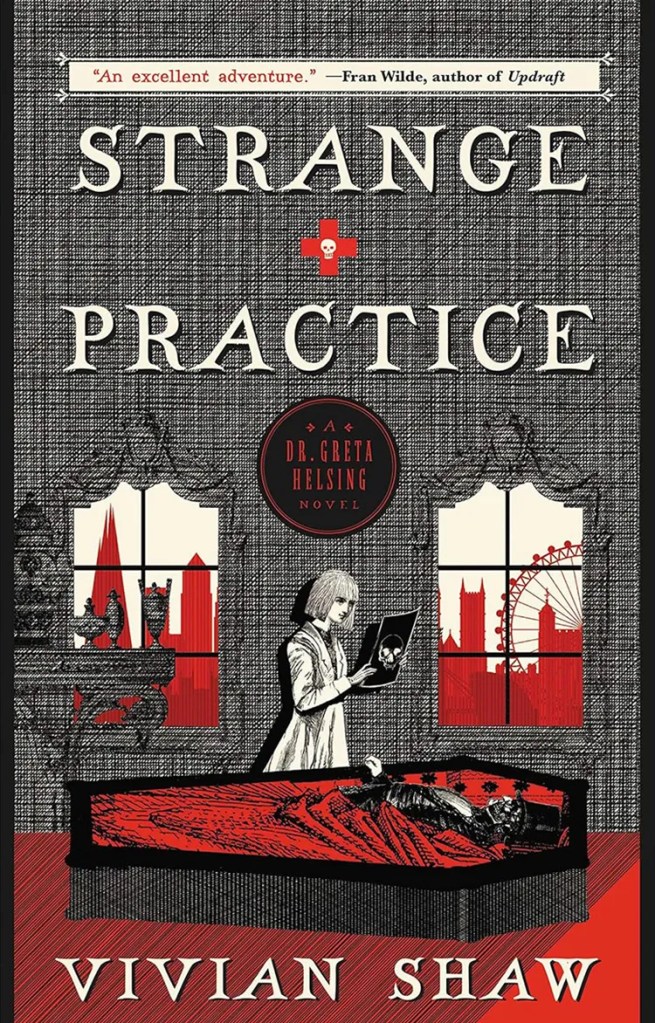
Strange Practice
Recommended by Samantha DeWitt, Resource Sharing Specialist, Widener Library
This series follows Greta Helsing, an English doctor who treats supernatural beings — “vocal strain in banshees, arthritis in barrow-wights and entropy in mummies.” What could be better? My favorite was a sweet baby ghoul with a fever, who “wouldn’t even touch her nice rat.” (It was an ear infection, of course, an illness ubiquitous to all children.) Vivian Shaw’s storytelling could be gimmicky, but it isn’t. These well-written books are an absorbing and fun escape into a world where the supernatural is routine.
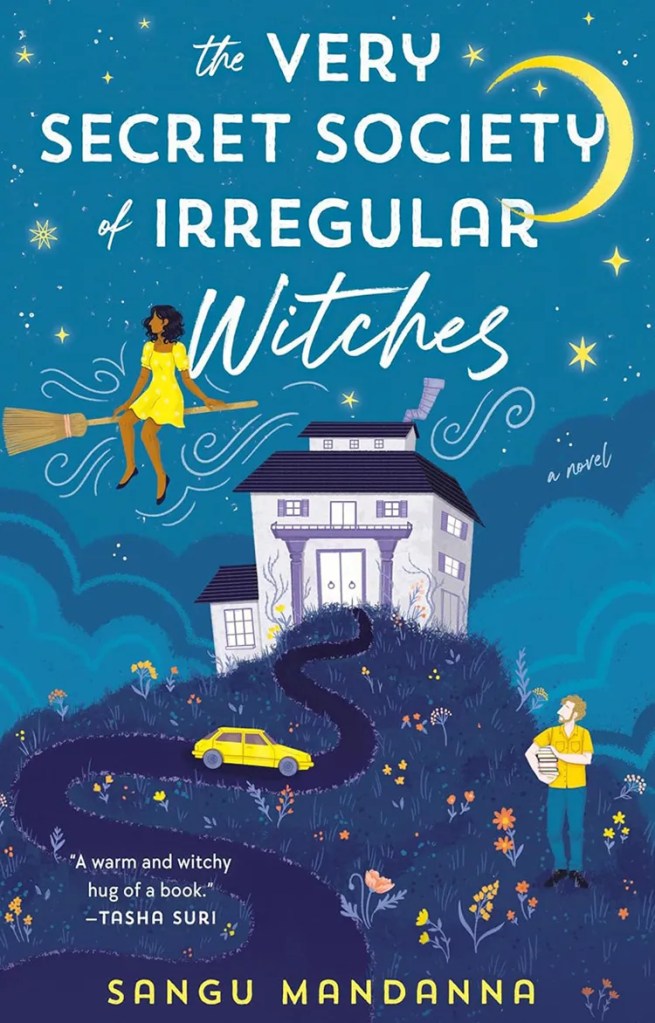
The Very Secret Society of Irregular Witches
Recommended by Hannah Hack, University Archives Administrative Coordinator
This book is a whimsical, heartfelt, and at times laugh-out-loud tale of a young, lonely witch trying to find her place. It has an assortment of odd yet lovable characters (including a grumpy librarian and possibly murderous children), lots of magic, and a touch of romance.
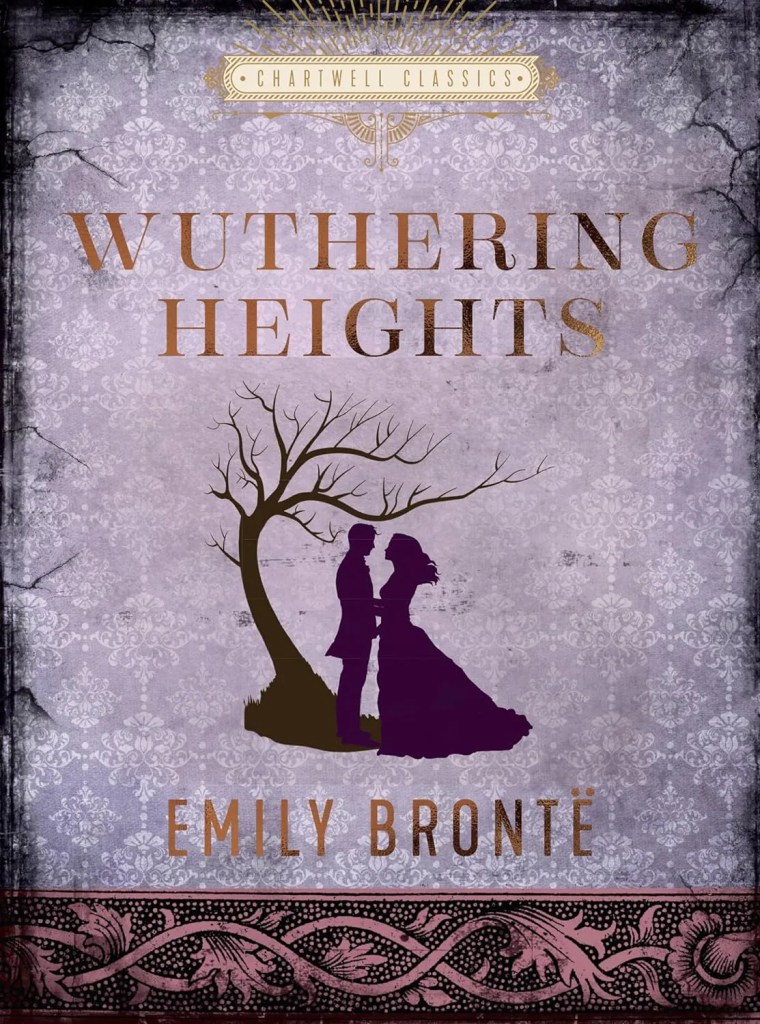
Wuthering Heights
Recommended by Min Jin Lee, 2018-2019 Catherine A. and Mary C. Gellert Fellow at the Harvard Radcliffe Institute; author of “Pachinko”
I’m a coward and can get spooked by my shadow, so I avoid stories and any visual media gory or frightening. Not a big fan of Halloween. Life and Washington, D.C., are plenty scary enough. That said, I am very interested in any narrative about a haunting love. I can think of few stories with the kind of obsessive romance that rival “Wuthering Heights” — which has a ghost, forbidden desire, pathological love triangles, class and ethnic prejudices, intrigue, rivalries, and some good old-fashioned anguish. Catherine is kinda bonkers, but Heathcliff has the hots for her, and by gosh, he suffers for it.




